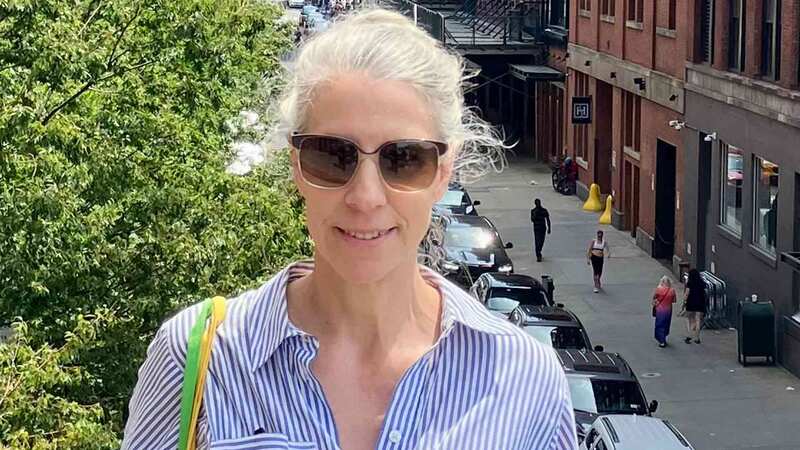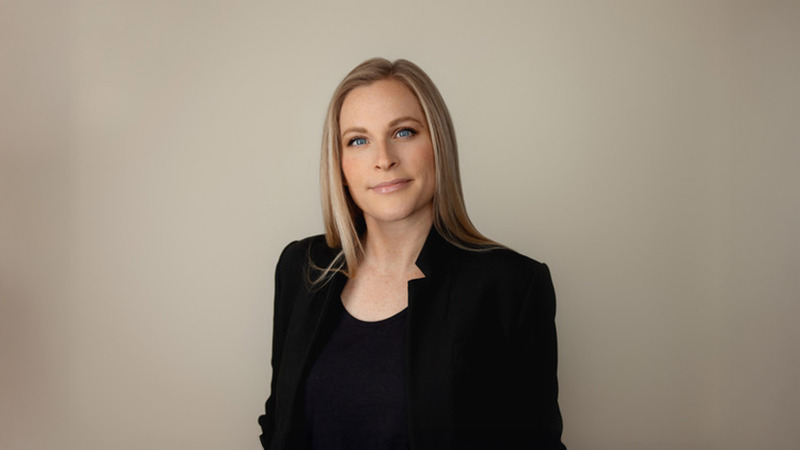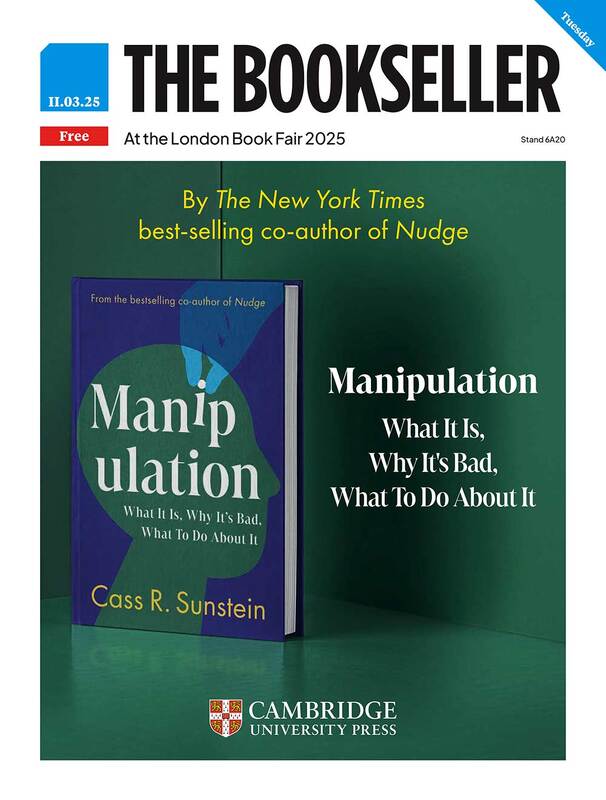You are viewing your 1 free article this month. Login to read more articles.
National Centre for Writing opens after £2m revamp
The National Centre for Writing launches this week in Norwich following a £2m regeneration of historic Dragon Hall.
Formerly known as the Writers’ Centre Norwich, the revamped facility will be “a physical and digital space to explore the artistic and social power of creative writing, and support the creation and enjoyment of world literature”, according to a spokesperson.
The centre was originally given the go-ahead to develop Dragon Hall, parts of which date back to 1430, in December 2016. It received a grant of £789,434 from Arts Council England (ACE) backed by a number of patrons including Margaret Atwood, J M Coetzee, Sarah Perry, Elif Shafak and Ali Smith.
The new national centre will engage with a network of local, national and international partners, providing a year-round programme of activities including schools outreach, talent development projects and public events, as well as online courses, commissions and partnerships. It will explore the opportunities and challenges faced by the literature sector in particular championing literary translation, artistic experimentation and collaboration between the creative industries.
The “ambitious” opening year programme includes specially commissioned immersive theatre and installation projects, as well as a series of conferences with poetry journal staff to discuss their role and future in the country’s literary ecology. Meanwhile, a national translation project, Invisible Communities, will explore the artistic and social impact of literary translation in the UK.
Building on its achievements as Writers’ Centre Norwich, the revamped organisation will continue to develop relationships with the literature sector internationally, partnering with British Council and Arts Council England (ACE) on the International Literature Showcase to promote UK writers and literature professionals around the world, facilitating new partnerships, and encouraging the global exchange of ideas between authors and arts organisations.
The NCW’s opening year will culminate in the UK’s first ever gathering of all the UNESCO cities of literature in May 2019 to discuss how place, art and community can work together to improve the social and economic conditions in cities around the world.
This week, a number of events are taking place to celebrate the launch including a three-day symposium featuring writers from different 10 countries - including Max Porter, Vahni Capildeo and Panashe Chigumadzi – responding to Orwell’s 1946 essay ‘Why I Write’.
Chris Gribble, c.e.o. of NCW, said: “After several years in the planning, we are thrilled to celebrate this new chapter for the Writers’ Centre. Norwich has been a literary city for over 900 years: a place of ideas where the power of words has changed lives and transformed literature.”
He emphasised why the need for stories has “never been more critical”.
“At a time when global horizons seem to be shrinking, political ambition reducing and human rights under increasing threat, we believe that sharing stories, helping stories travel and supporting writers and translators has never been more critical,” he said. “At home in the wonderfully restored and extended Dragon Hall, but alive online and across the globe, we are committed to exploring how the written word can inspire, challenge and change the world we live in, and seeing how far we can push the boundaries of writing and literary translation.”
Writers’ Centre Norwich formed in 2003 as a collaboration between the University of East Anglia, Arts Council England, Norwich City Council and Norfolk County Council. It explored the relationship between writers and local communities and to stimulate debate about literature and its place in society and in 2012 it successfully led the bid to have Norwich named England’s first UNESCO City of Literature, building on the city’s reputation as a centre for literary excellence.














